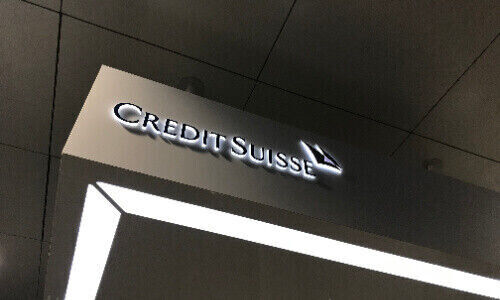Credit Suisse Rapped in Swiss «Spy» Probe
Switzerland's regulator slapped the Swiss bank with supervisory measures for the surveillance of a string of executives. Three people face enforcement action for their role.
Bern-based Finma concluded an investigation into surveillance of a departing top executive by private detective, it said in a statement on Tuesday. The enforcement identifies various organizational shortcomings under ex-Chairman Urs Rohner and ex-CEO Tidjane Thiam.
The action brings to an end a nearly two-year probe that Credit Suisse fought its regulator on by taking Finma to court (to no avail). On Tuesday seemed to offer an apology, saying it« regrets that it initially failed to ensure all relevant information was readily available and hence provided to the regulator in a complete manner» in a separate statement.
Wider Spying Activity
The sordid detective saga surfaced publicly after a local blog report that Credit Suisse had Iqbal Khan tailed after the banker had defected to rival UBS, where he is now co-head of private banking. The reality was such schemes were more common than thus far reported.
Finma said it found Credit Suisse planned seven such «spy» operations from 2016 and 2019 and followed through on most of them. These include top executives spied on in Switzerland as well as other ex-employees and undisclosed third parties abroad.
«The way in which the observation activities were planned and carried out revealed serious shortcomings in the bank’s corporate governance,» the Swiss regulator said. It called the covertness of spying «evidence of an inappropriate corporate culture» prevalent at the time.
Taking The Blame
Most executives tied to this culture are long gone: CEO Thiam was never directly connected to the spying, but was forced out last February. His long-standing associate, Pierre-Oliviér Bouée, took the blame for directing the surveillance and was sacked for cause.
Finma said it reprimanded two bankers in writing and more notably has opened enforcement against three more – none of them were identified. Credit Suisse, which settled with Khan three months ago, said most of the other surveillance «served to protect the physical safety of employees,» without elaborating.




























